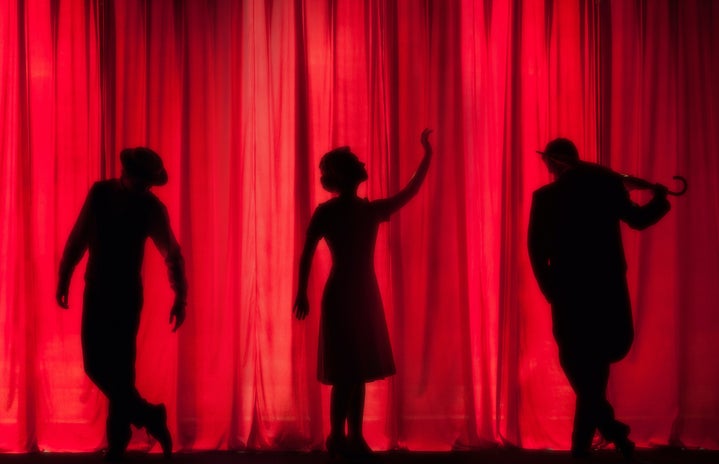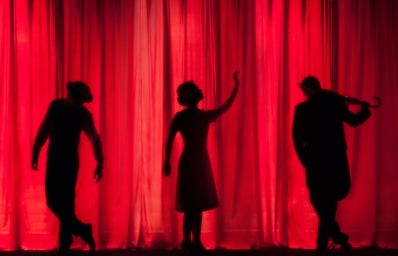I really wanted to like Priscilla. I went into the theatre excited to learn about Priscilla Presley, her life, and her perspective. I felt as though the only thing I, or anyone, knew about her was that she had been married to Elvis, and so I hoped this movie would teach us all who she is, apart from her relationship.
There were many things I liked about the movie. It was visually beautiful, I loved the costumes, the sets, and the cinematography. I loved the performances from Cailee Spaeny and Jacob Elordi. I actually enjoyed that this movie took its time. I liked the slow moments as Priscilla waited, lonely, for Elvis to return, and how they were contrasted with fast and intense moments when he did. It felt as though every choice made on screen was made carefully and meaningfully. I love that Priscilla’s perspective was the focus. And I think the movie did a great job of helping the audience not just understand her emotions, but actually feel them too. I left the theatre feeling deep empathy for the character. But, the movie didn’t feel full or complete. Something was missing. Actually, I think a couple of things were.
First, it felt too reserved. I didn’t feel like it took a strong enough stance on any of the objectively disturbing things I saw on screen. We watch 14-year-old Priscilla pursued by a 24-year-old Elvis, we watch his violent outbursts, his drug use, his manipulation and his control. And although it’s all eye-opening and definitely important to watch, the movie presents these in a way that feels quite passive and too careful. This isn’t a movie about manipulation or exploitation, drug abuse, or toxic or abusive relationships. Elvis’s actions are never really condemned by the film. Instead, it feels like the movie is tip-toeing around any definitive message. Viewers know what they’re watching is bad because it objectively is, but the movie doesn’t tell them that. Instead, these aspects of the film are kind of just there. They feel glossed over and not treated with the importance that I think they should have been. This leaves the message that viewers are left with murky and undefined, which is ultimately unsatisfying.
Second, I was disappointed I didn’t learn about who Priscilla was outside of her relationship with Elvis. Given the fact that the movie is titled Priscilla, I expected to learn about who she was as an individual. But the film starts with Priscilla’s introduction to Elvis and ends with her divorce from him. Just as you think it’s about to get good — Priscilla leaves Elvis and is about to start her own life — the credits roll. I feel like it somewhat sends the message that her life stopped being interesting, important, and worthy of storytelling when her relationship with Elvis ended. Perhaps this is a deliberate choice, to show how her relationship dictated her sense of self. Or maybe it symbolizes a transition because Priscilla’s life isn’t over and her story is not complete. But either way, this depiction of her life felt incomplete. She was never really an individual onscreen, which I think does a disservice to the real-life Priscilla.My feelings about Priscilla are complicated (but, honestly, when are my feelings about anything not complicated?). I liked it, but I think that it could have been so much more.


